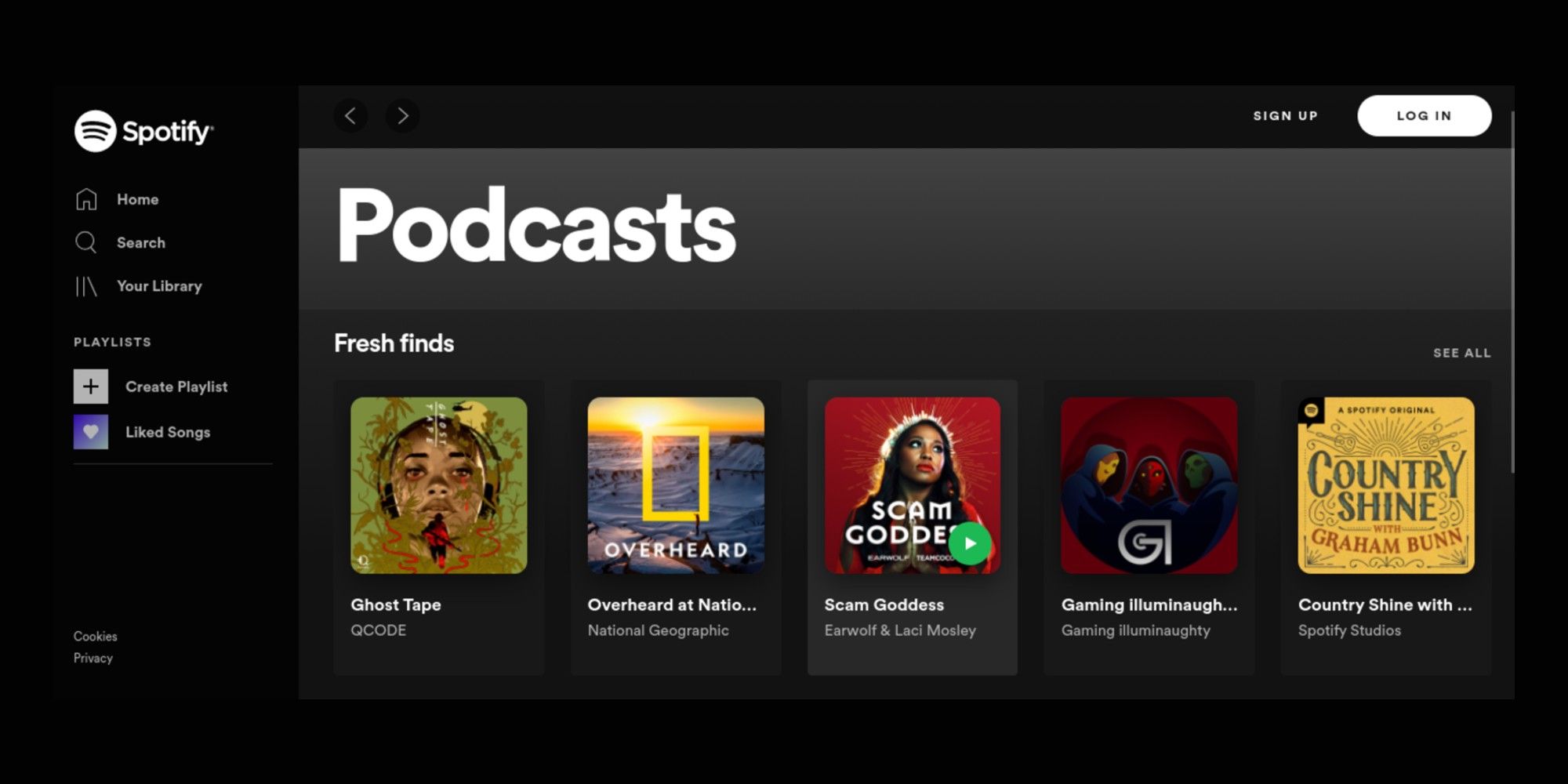

I think all new releases should be windowed for 3-6 months as iTunes/Amazon downloads for $0.99 per track before they hit paid streaming services, and 6 months-1 year before they hit free services (with the exception of YouTube, which should make one or two videos available to promote the album). That said, I do feel the streaming services are giving away the farm right now. I believe there was a period of time between the invention of the phonograph and the invention of the internet where a unique combination of advances in technology and limitation in technology allowed one to sell albums and make decent money. Album sales were already destroyed by the internet long before streaming came along. I disagree with the notion that Spotify destroys albums sales. Multiply that by those millions of users around the world, then surely the revenue will be there at some point for the artist.Īt the end of the day there has never been an easier way to discover new music, and if you truly make a great album, it will be heard, shared, promoted and streamed multiple times. Yes, I know it takes many little x to hit the XXX of the margin return on a CD/Vinyl, but its ongoing right, not just a 1 time purchase. I’m comfortable knowing that at least x gets paid back to labels (hopefully artists) from me streaming it. I have never before in my life been able to discover and listen to so much new music than I can today, not just major artists, but from all genres an indie labels. Being able to Save new release albums on Friday mornings then listen at my convenience is great for me, and I will buy the vinyl if it is a ‘good’ album. I’m 42, live in Denmark, was a vinyl, then CD buyer, but the past 6 years have been a premium Spotify subscriber. I agree with Paul that legitimate services such as Spotify has decreased piracy, and they are a fantastic, convenient service to access & discover new music. Its not their fault, its just that they have grown up in a technology advanced era where music is so accessible for free, and perhaps they haven’t been educated enough in what the costsĪre creating, recording, promoting & marketing an album. They don’t blink an eye when spending 10 GBP on 2 lattes & muffins in their local coffee shop, but the buying of an album at the same price is alien to them. I believe it’s more that the younger generation don’t ‘value’ music as much as older generations. And given huge YouTube numbers and overlapping fanbases, the question arises: if artists distribute their music through YouTube, do they need Spotify? Last year Spotify, announced the addition of videos and podcasts to their service, but still, though YouTube remains the secure default for video. Combining a great song with great visuals can really magnify a song’s success, and artists know this all too well. Simply, audio coupled with video has a greater impact on fans than just simply the audio. Not only that, but YouTube allows artists to easily share their videos with their fans.Īnother factor is video. The service has over one billion active users and acts as a platform for worldwide exposure. The reason is simple: artists need YouTube. There’s a reason why artists complain about streaming services, but don’t say anything about YouTube. There are other streaming services with greater benefits. Regardless of whether it’s justified or not, a lot of that hatred gets misdirected to Spotify.

But, artists are claiming that they are not seeing this, which frequently is caused by major labels taking a large chunk of the revenue and giving the artists a tiny share (if anything at all).

The streaming service has repeatedly stated that they are pouring 70% of their revenue back into the music industry, which I don’t doubt is true. Spotify is paying out 70% of their revenue back to the music industry, but artists are typically not seeing this value.


 0 kommentar(er)
0 kommentar(er)
